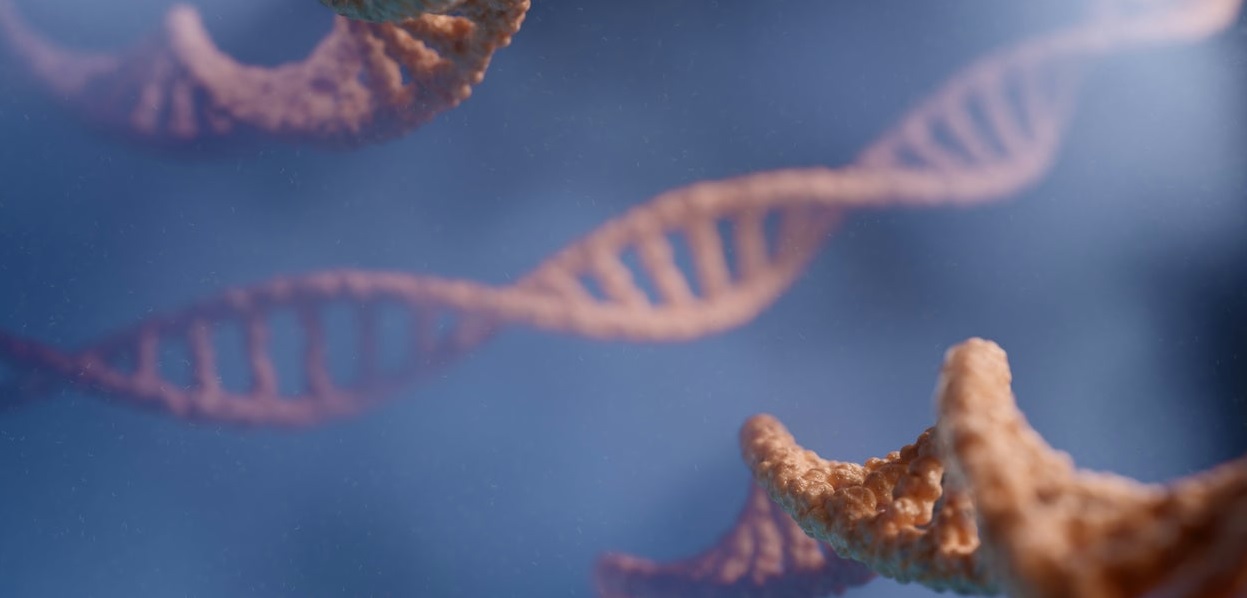
Neuroscientist Elleke Tissink investigated which genetic factors can influence different characteristics of the brain. With this knowledge, we can better understand why our brains all differ subtly in structure and function. This also provides insight into brain diseases such as ADHD or bipolar disorder.
One gene can influence multiple characteristics of an organism. This phenomenon is called pleiotropy. Tissink and her colleagues from Vrije Universiteit Amsterdam and the University of Oslo investigated the extent to which pleiotropy occurs for several characteristics of the brain. This concerns, for example, structure, function and tissue composition. Discovering genes that contribute to different aspects of the brain can provide insight into brain diseases. For example, if someone has Alzheimer’s, this is not only reflected in the structure of the brain, but also in the functional connections between the brain areas.
New genes
The researchers found that pleiotropy is common. About half of the genes found influence two or three features of the brain. The structure, function and tissue composition of the brain are measured with three different MRI scans: structural, functional, and diffusion MRI. Pleiotropy is widespread across features measured with these three types of MRI scans. Researchers can use this information intelligently. By combining the MRI scans in one genetic analysis, they discovered a significant number of new genes.
Risk model
One potential application already emerged in the research. The scientists used the results in a genetic risk model for brain diseases. “Unfortunately, the predictive value of these models is currently not good enough to use in practice,” says Tissink. “But we did see that this model becomes better at distinguishing patients with bipolar disorder or ADHD from people who do not.”
Donating DNA
Until a few years ago, it would not have been possible to discover these genes with a combination of three different MRI scans and DNA profiles. But because 40,000 people in the United Kingdom donated their DNA and had MRI scans made, this is now possible. It is expected that 100,000 brain scans and DNA profiles will become available for scientific research in the future.
Elleke Tissink worked at the department of Complex Trait Genetics (CNCR) and received her PhD from Vrije Universiteit Amsterdam in September 2023. The research on which the article in Nature Communications is based forms part of her dissertation.
